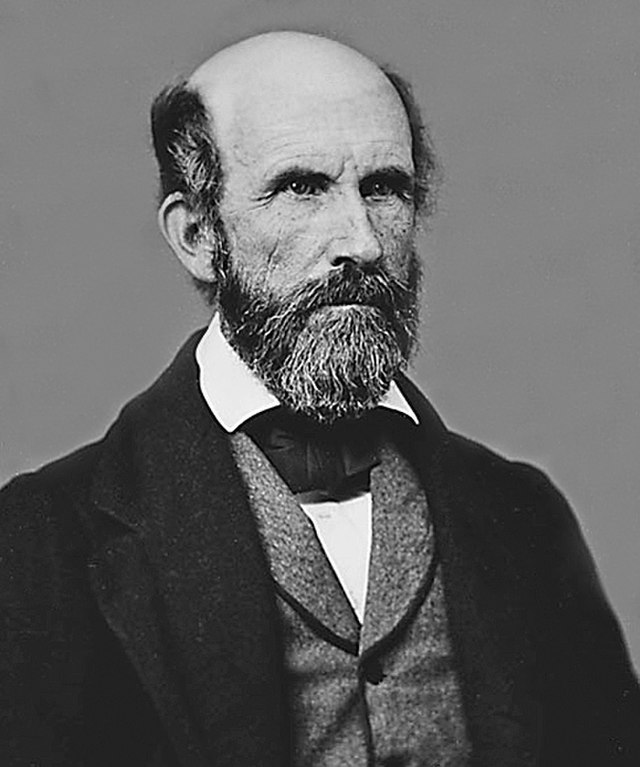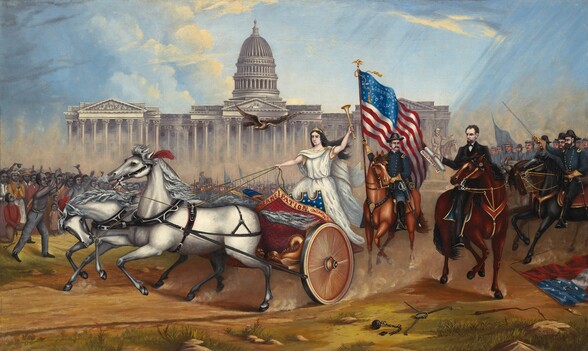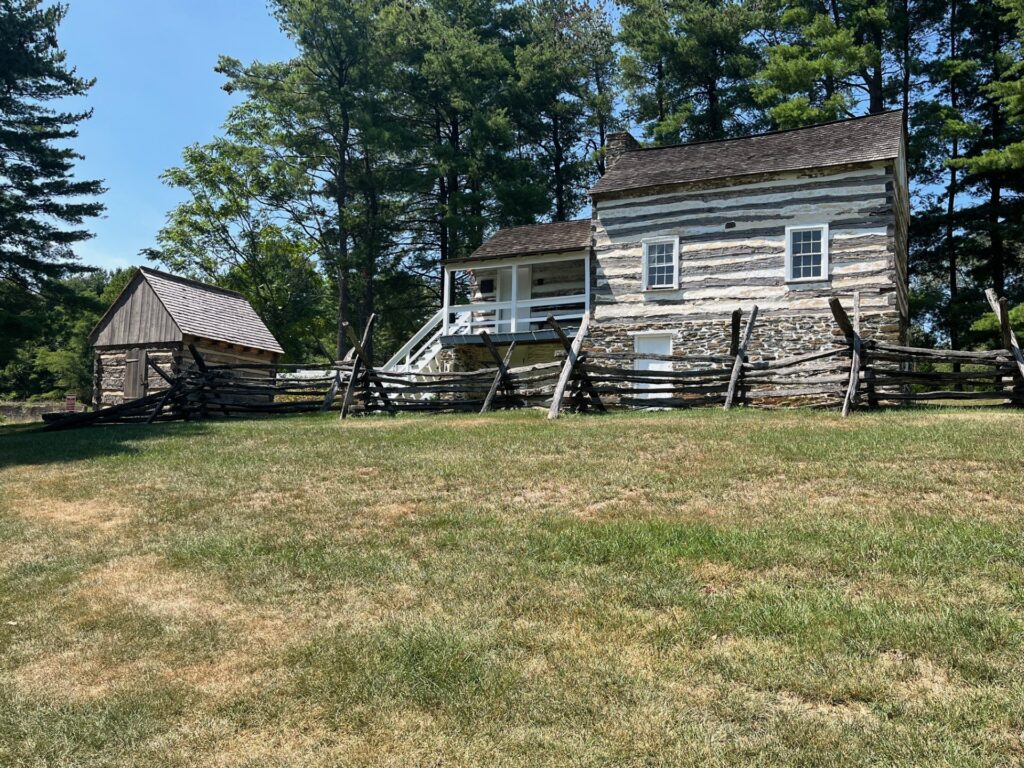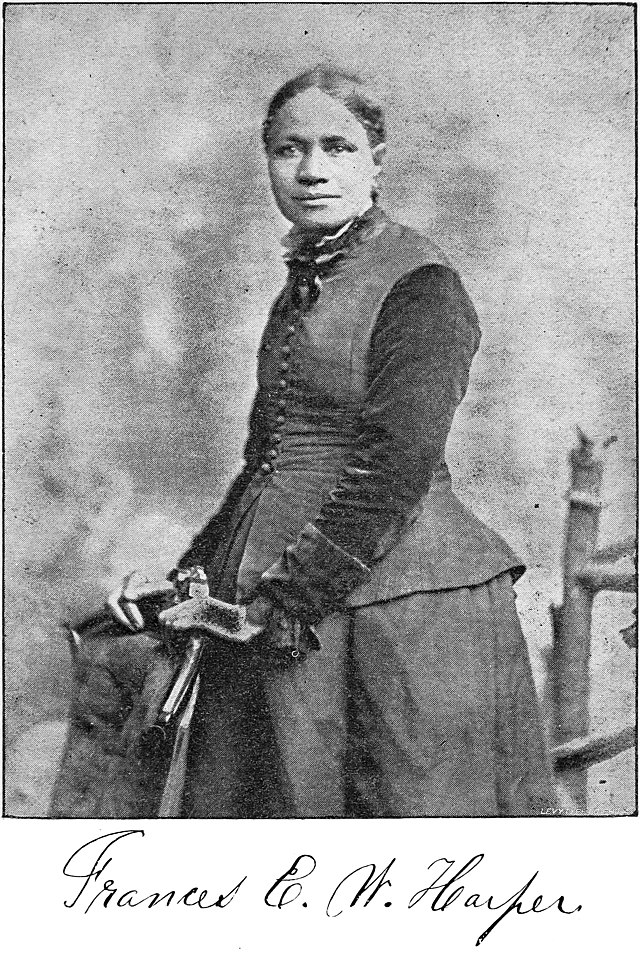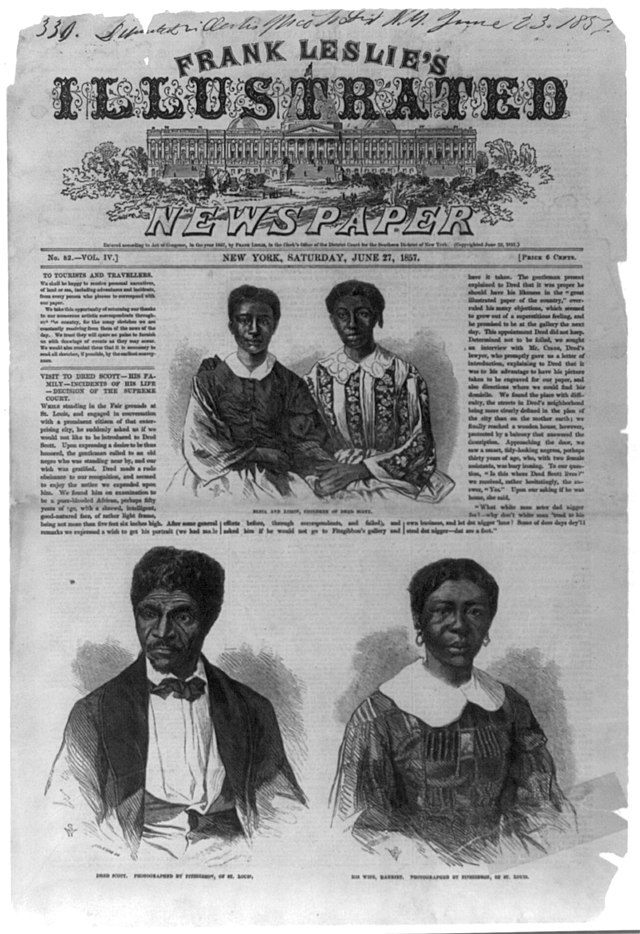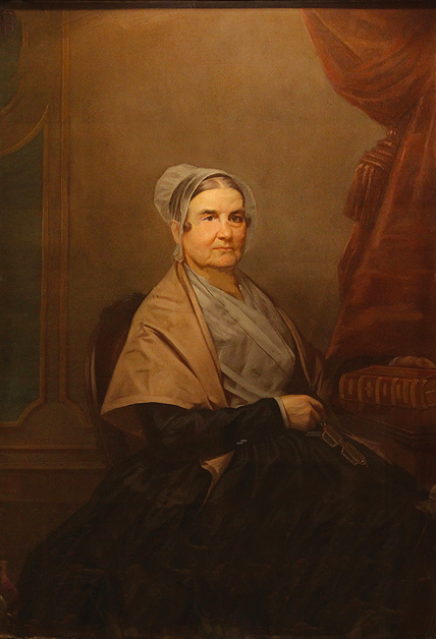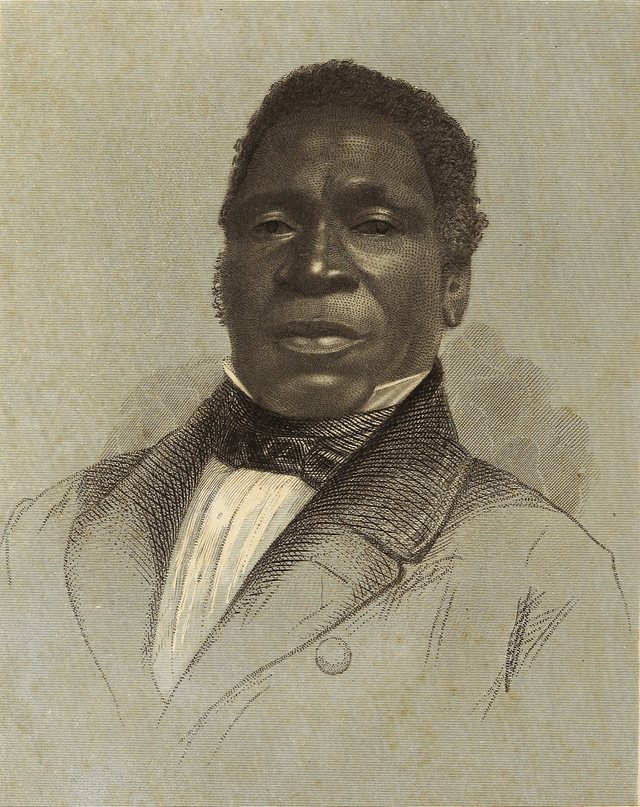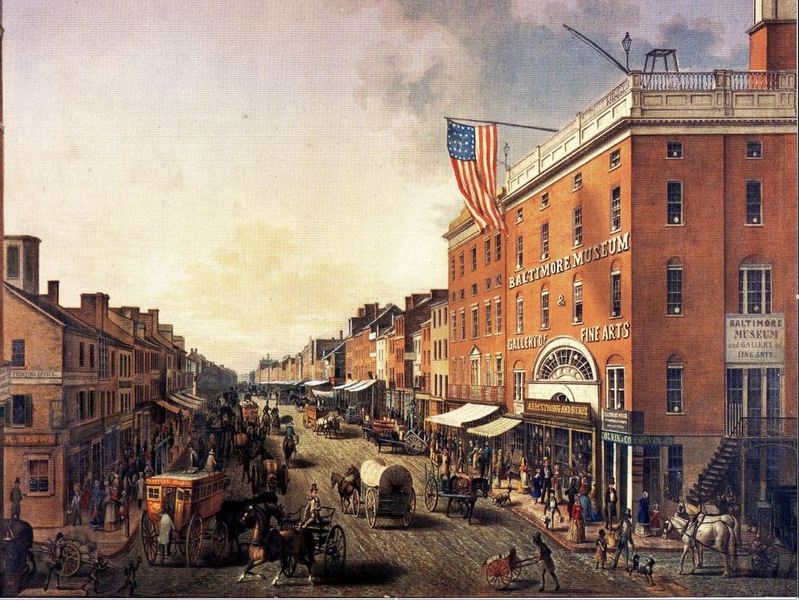Congressman Benjamin Harris prays on floor of the House for a Confederate victory
U.S. Representative Benjamin Harris, a pro-slavery advocate, is the only Congressman to pray for a Confederate victory on the House floor on July 4, 1863.
Congressman Benjamin Harris prays on floor of the House for a Confederate victory Read More »


